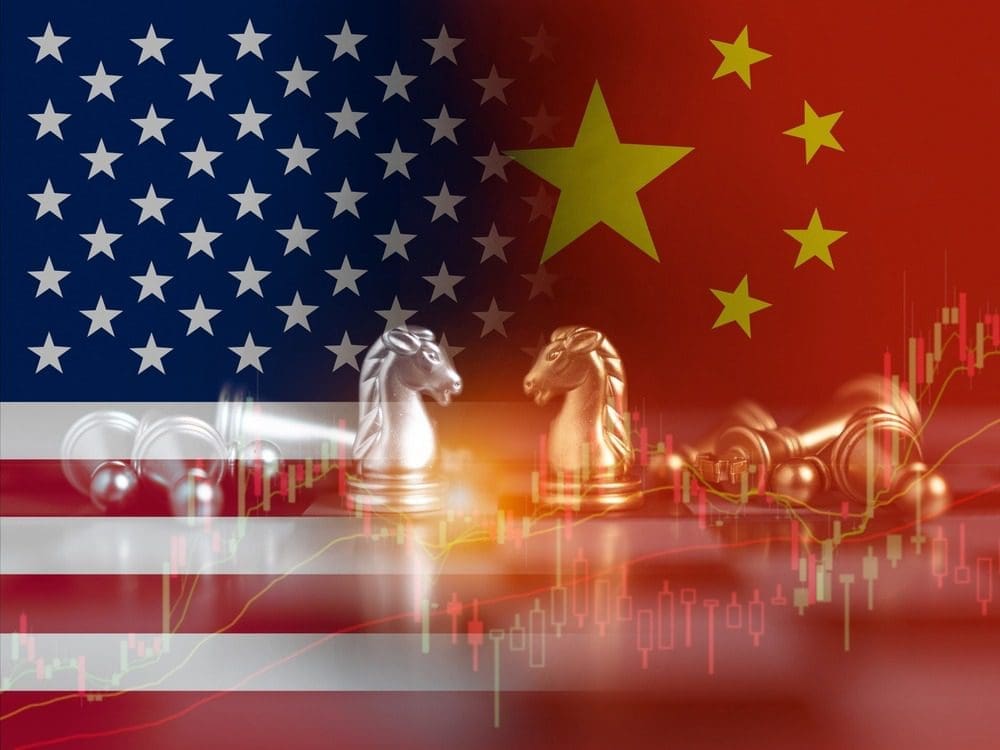
You might not realize it, but China has its fingerprints on some of the most iconic American companies and brands. From pork to processors, Beijing-backed buyers and corporate giants have spent decades acquiring or investing in U.S. assets.
While some deals flew under the radar, others have stirred national security concerns.
Here’s a closer look at where Chinese money has landed — with prediction market Kalshi putting the odds of the Chinese economy overtaking the U.S.’s by 2030 at 29% — and where it’s pulling back.
Smithfield Foods
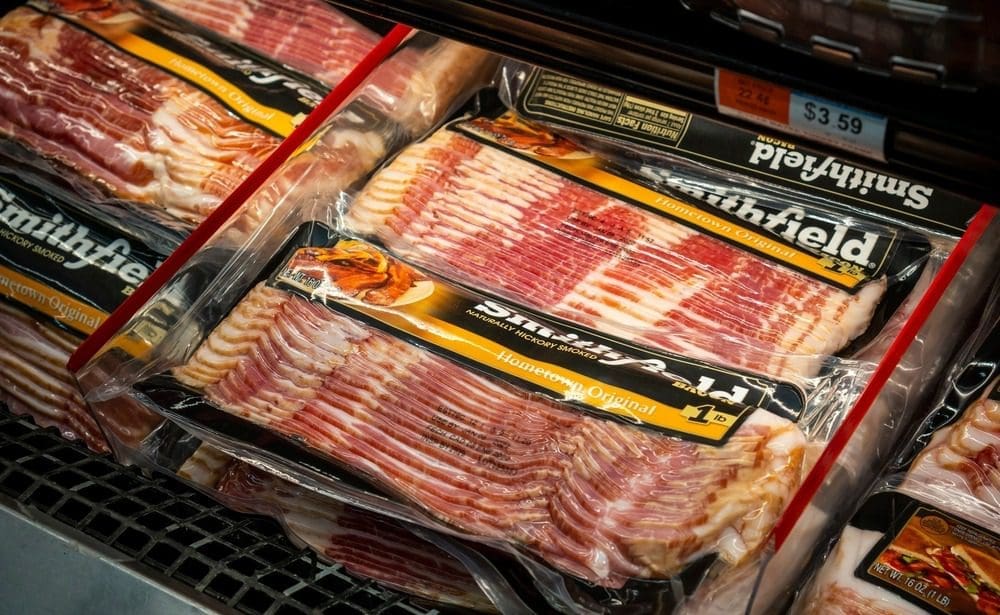
The world’s largest pork producer is no longer American-owned. WH Group, a massive Chinese meat processor, bought Smithfield Foods in 2013 for $4.7 billion. The deal also handed China control of more than 146,000 acres of U.S. farmland — raising alarm bells in Congress and across rural America.
GE Appliances
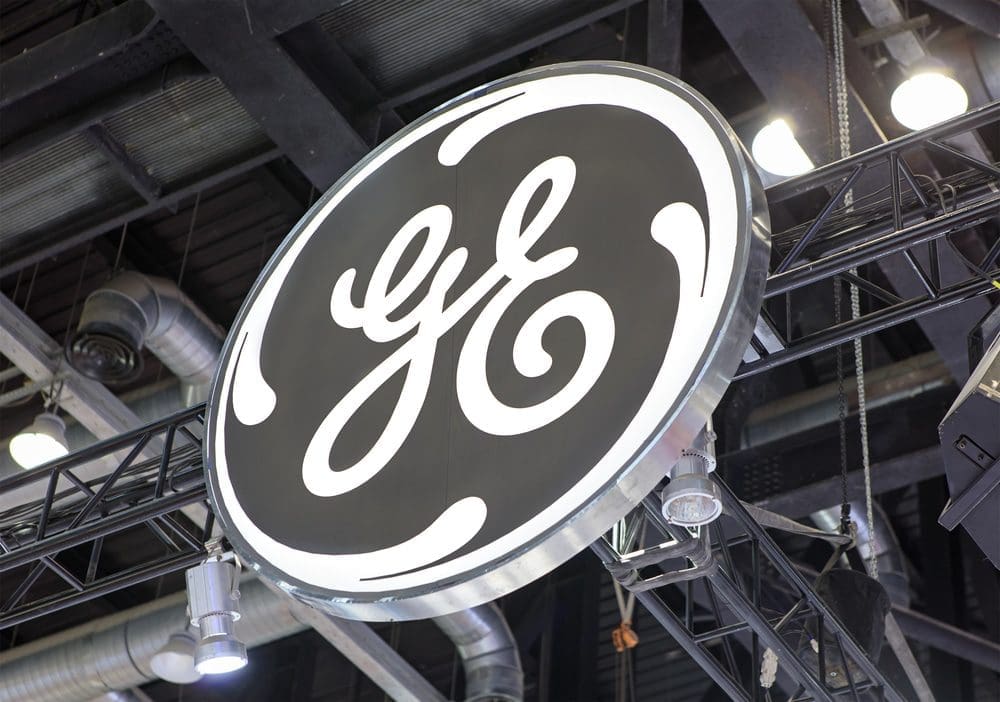
Once a General Electric staple, GE Appliances is now owned by China’s Haier Group. Acquired in 2016, the Louisville-based company still sells American-branded appliances but reports back to Qingdao, not Connecticut.
Motorola Mobility
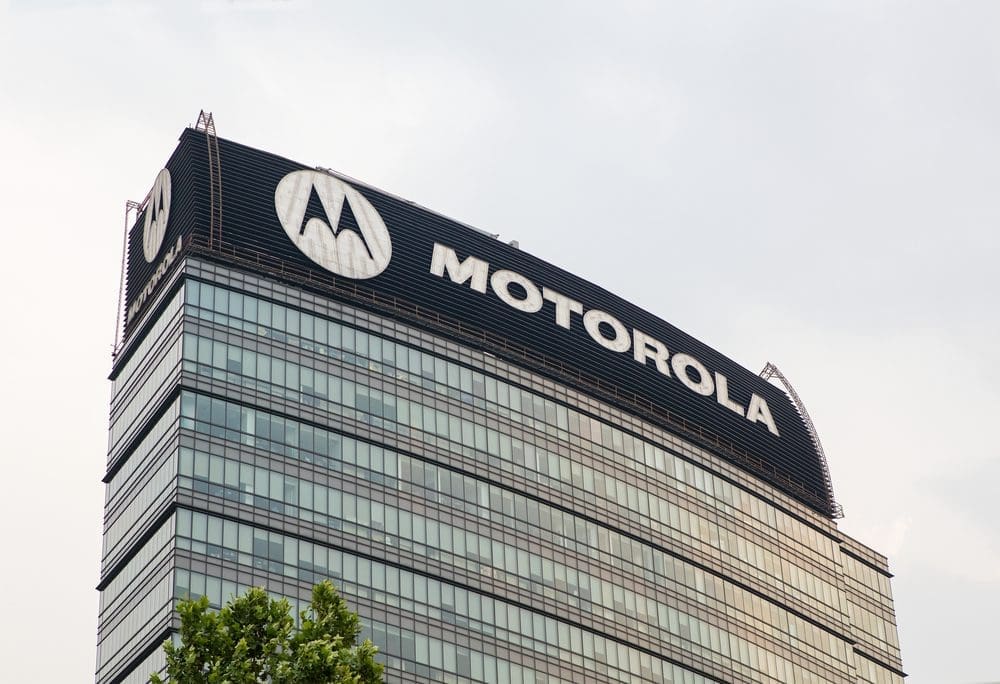
Remember when Motorola meant flip phones and walkie-talkies? Lenovo, a Chinese tech giant, bought the mobile arm from Google in 2014. While headquartered in the U.S., Motorola Mobility now runs under Beijing’s watch.
Waldorf Astoria Hotel
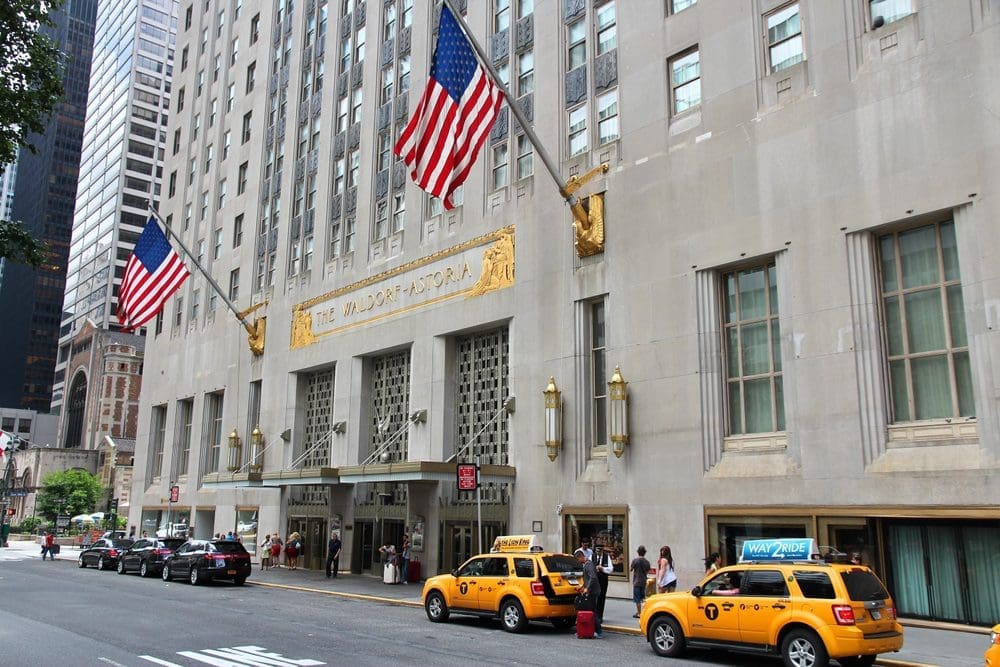
One of New York’s most storied hotels, the Waldorf Astoria, was bought in 2014 by China’s Anbang Insurance for $1.95 billion. It’s still operating as a luxury hotel, but with ownership ties halfway around the globe.
Nexteer Automotive

Based in Michigan and making steering systems for global automakers, Nexteer is wholly owned by AVIC, a Chinese state-run aerospace and defense firm. That’s led to ongoing scrutiny given its proximity to sensitive industries.
Tencent’s Gaming Empire

Chinese tech behemoth Tencent has grabbed minority stakes in major U.S. game developers: Riot Games (League of Legends), Epic Games (Fortnite), and even partial ownership of Activision Blizzard. It’s a digital soft power play, and Washington’s taken notice.
Blackstone & Boyd
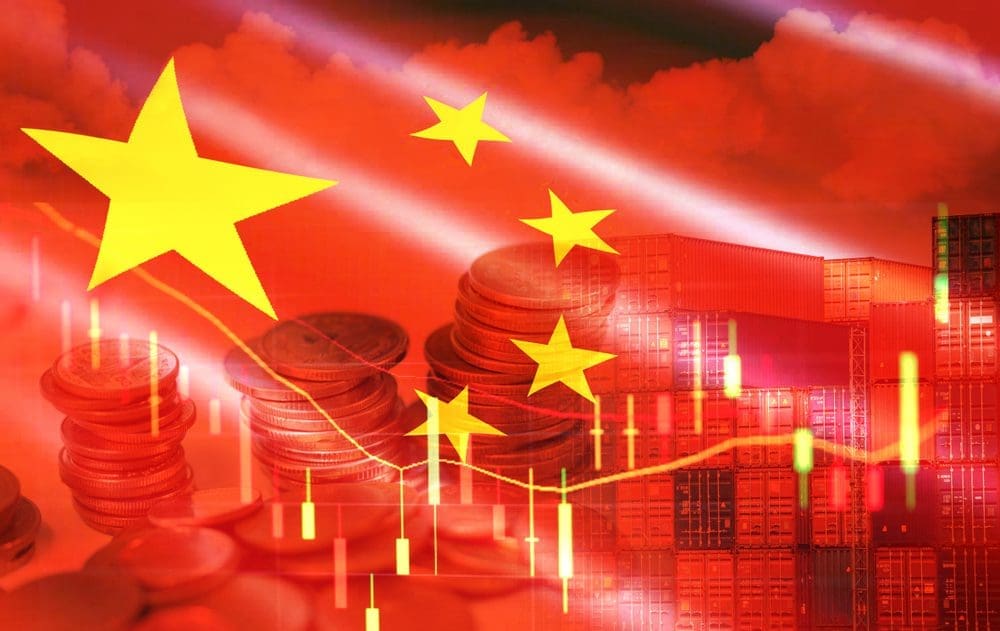
China Investment Corporation (CIC) — Beijing’s sovereign wealth fund — has backed major private equity moves, including a 9.9% stake in Blackstone and joint deals with Goldman Sachs. But in 2025, it started pulling back amid rising U.S.-China tension.
U.S. Solar Plants

Chinese solar giants like Trina Solar and Jinko Solar are quietly building plants across the U.S., drawn in by Inflation Reduction Act subsidies. They promise American jobs — but with Chinese control of the supply chain.
Farmland Footprint

Beyond corporate buyouts, Chinese firms hold more than 277,000 acres of U.S. farmland. The biggest chunk came with the Smithfield deal, but other purchases have triggered fears of foreign control over food and water resources.
Pullback in 2025
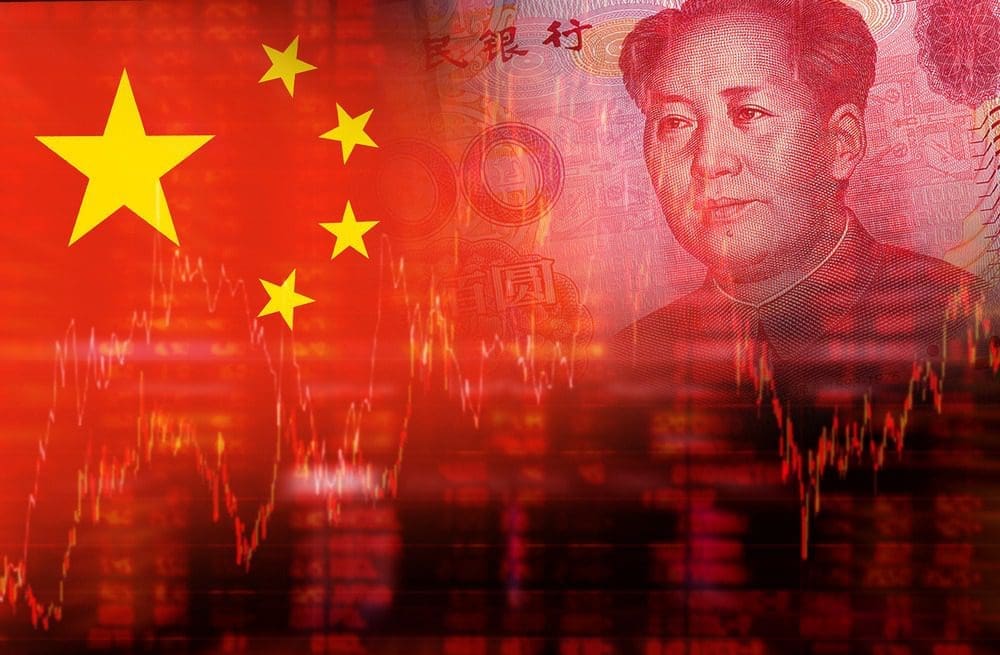
After years of aggressive investment, Chinese capital is retreating from American shores. Beijing-backed funds are quietly walking away from private equity deals, real estate plays, and stock market positions. The decoupling isn’t just political — it’s financial too.

























